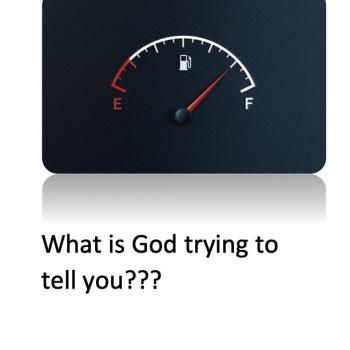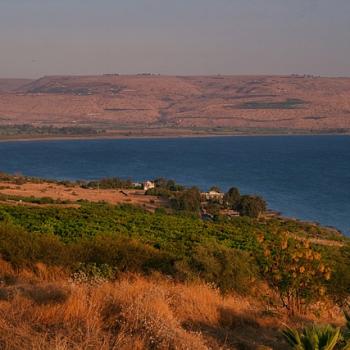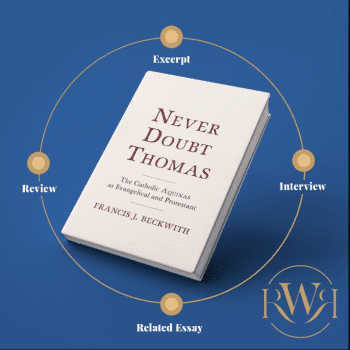Again, we are not asked to choose the "right" story; is the tidal account more "believable," hence more possibly "historical," than the walls of water story? This is again not the point. Both stories have YHWH at the center; both stories announce that YHWH is the God of life, ever active against the forces of death. This ancient resurrection story mirrors and echoes all other stories of dying and rising gods from the ancient near east. It is not more or less historical than they; its power is not found in its historical plausibility. It has power because it is my story; it is the story that I choose, the story that has lured me into its potent orbit, the story that affirms my conviction that God is always seeking and creating life in a world too often overcome with death.
Thus, I find it always valuable, indeed necessary, on this Easter Sunday to read again the Israelite resurrection story, that story that has sustained Judaism now for three millennia through horrific persecutions and hatred and rejection throughout the centuries and in nearly all lands of the world. The history of the thing is beside the point. It is the story itself that counts. And so for us Christians, we are not helped by demands to suspend the laws of physics in order to accept the unacceptable, to believe the unbelievable.
I am reminded again of one of my favorite rabbinic stories. I will paraphrase it as it has been told and retold for many centuries. A famous rabbi told his best student: you must keep the tradition alive, my son, by going to a certain place in the forest, lighting a special candle, singing the correct psalm, and telling the story.
It is enough. The story of the Sea of Reeds and the story of the resurrection of Jesus are more than enough to change the way we think about God and the way we think about the living of our days. Happy Easter to all!





